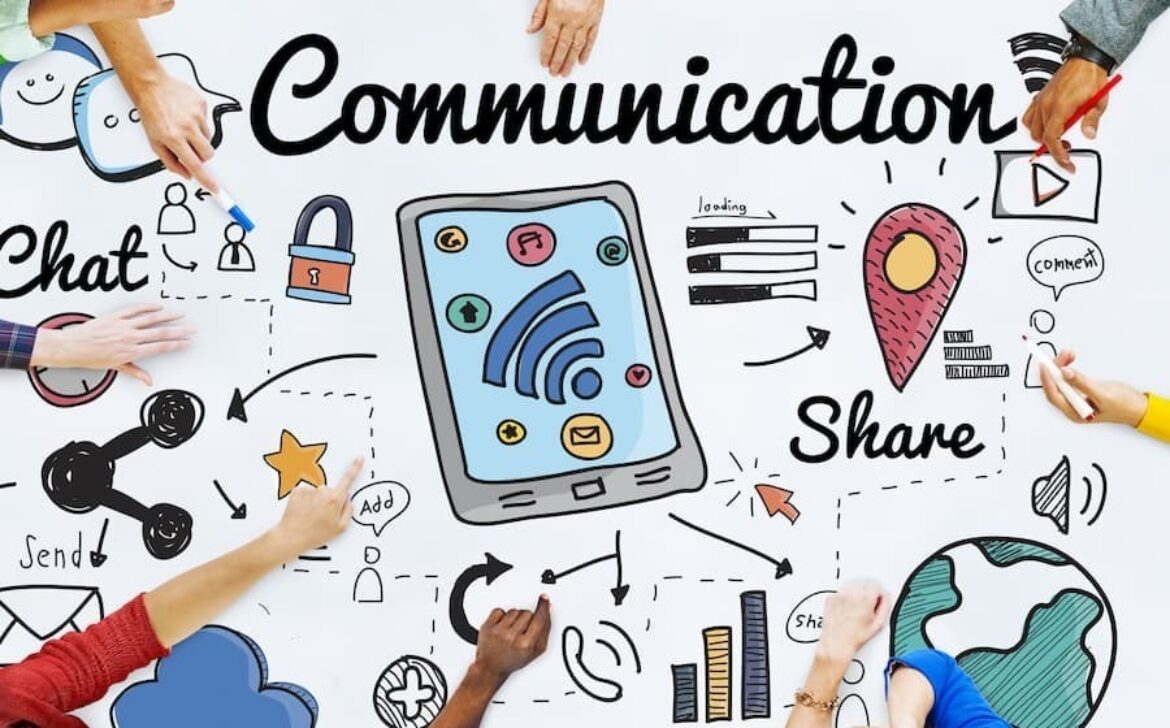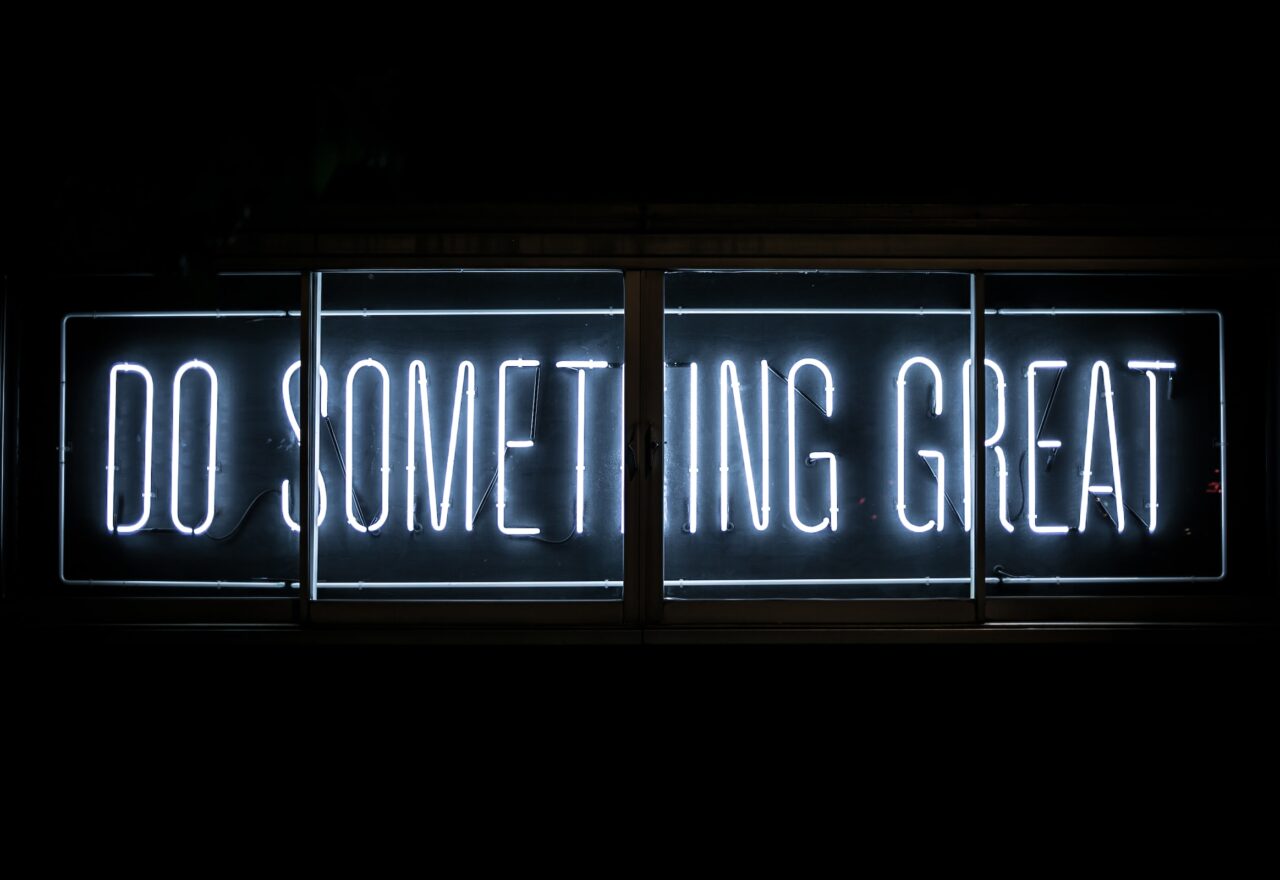Mastering Social Dynamics and Communication
The Art of Connection: Mastering Social Dynamics and Communication
We humans are social creatures. Our lives are a tapestry woven with countless interactions – from casual chats to deep conversations. How well we navigate these interactions can significantly impact our personal and professional lives. Let’s dive into the world of social dynamics and communication skills.
Understanding Social Dynamics
Social dynamics is like a complex puzzle where every piece – you, the people around you, and the environment – interacts to create a unique picture. It’s about understanding the unspoken rules, group dynamics, and power structures.
- Observe and Learn: Pay attention to how people interact in different settings. Notice patterns, body language, and conversational styles.
- Empathy: Put yourself in others’ shoes. Understanding their perspective can help you connect better.
- Flexibility: Be adaptable to different social situations. Not every interaction will go as planned.
- Build Relationships: Invest time in building genuine connections with people.
The Power of Communication
Communication is the lifeblood of social interactions. It’s more than just speaking; it’s about listening, understanding, and responding effectively.
- Active Listening: Give your full attention to the speaker. Show you’re engaged through eye contact and verbal cues.
- Effective Speaking: Express your thoughts clearly and concisely. Avoid rambling or dominating the conversation.
- Non-verbal Communication: Your body language, tone of voice, and facial expressions speak volumes. Ensure they align with your message.
- Feedback: Constructive feedback helps build stronger relationships. Learn to give and receive it gracefully.
Overcoming Social Anxiety
Feeling nervous in social situations is normal. But excessive social anxiety can hinder your growth.
- Small Steps: Start with small social interactions and gradually challenge yourself.
- Practice: The more you interact with people, the easier it becomes.
- Positive Self-Talk: Replace negative thoughts with positive affirmations.
- Seek Support: Talk to a friend, family member, or therapist about your anxiety.
Building Stronger Relationships
Strong relationships are built on trust, respect, and open communication.
- Reliability: Be there for your friends and family. Keep your promises.
- Support: Offer encouragement and support during tough times.
- Shared Experiences: Create lasting memories by doing things together.
- Conflict Resolution: Address disagreements calmly and respectfully.
Navigating the Digital Age
Social media has changed the way we interact. While it offers opportunities to connect, it also presents challenges.
- Digital Etiquette: Be mindful of what you share online. Respect others’ privacy.
- Balance: Set boundaries between your online and offline life.
- Authenticity: Be yourself online. People appreciate genuine connections.
Mastering social dynamics and communication is a lifelong journey. It’s about continuous learning, growth, and self-improvement. Remember, everyone starts somewhere. Be patient with yourself, celebrate small victories, and most importantly, enjoy the process of connecting with others.
Internal Links
- Building Emotional Intelligence
- Effective Communication Strategies
- Managing Social Anxiety
- Conflict Resolution Techniques
- Balancing Digital and Real Life








